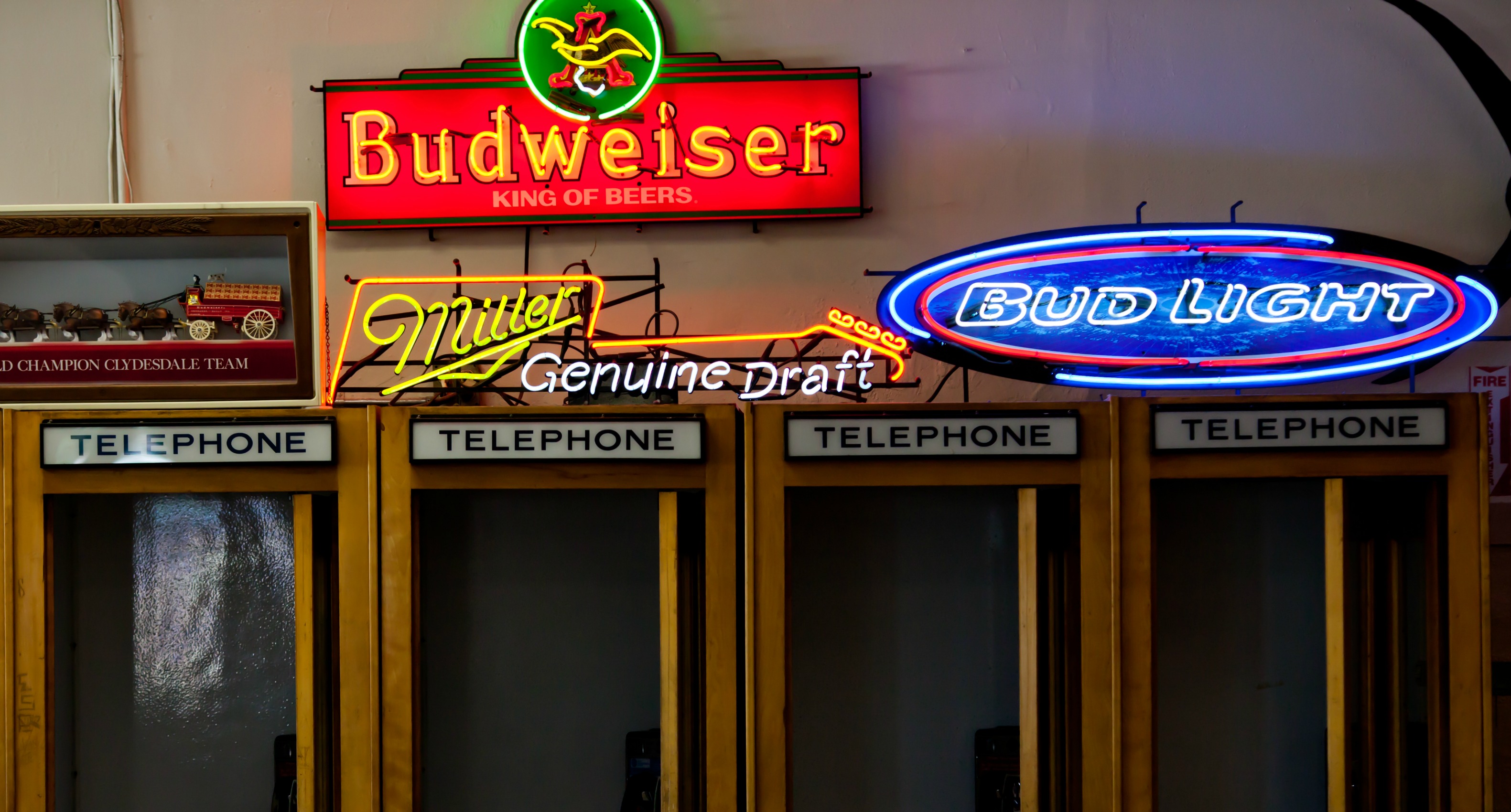AB InBev/SABMiller Merger Closes
The two biggest beer companies in the world finalized their merger earlier this week to the tune of more than $100 Billion. Merger, acquisition, takeover…whatever you want to call it, AB InBev decided they wanted SABMiller and it’s now Facebook official. The merger was the 3rd largest in history and as a result, the new beer behemoth now controls 28% of the world’s beer.
How It Happened
When the merger was first announced, regulatory agencies around the world said, “nope,” and the two companies began shedding brands. First, U.S. Anti Trust regulators required SABMiller to sell its stake in MillerCoors to our friends to the North, Molson Coors. Then, European Union regulators demanded SABMiller sell off Peroni and Grolsch, which Asahi (Japan) picked up for a cool $2.76 billion. They also made them divest from other businesses in Hungary, Poland, Romania, Slovakia and the Czech Republic. In Asia, SABMiller divested in Snow breweries, which is the highest selling beer brand in China. These moves only serve to slow AB InBev down though, it won’t stop them from their ever-evolving quest for marketshare.
Even with the regulatory agencies stepping in, AB InBev still has a 45% U.S. market share. This number grows with every craft brewery it consumes. Not that this merger really had anything to do with craft beer. This merger is about growth prospects in international markets and how AB InBev wanted SABMiller’s holdings in the incredibly fast, emerging beer markets in Africa and Latin America. Bottled beer sales per capita are still relatively low there and therefore have the greatest potential for growth.
U.S. Beer Growth
AB InBev knows the U.S. beer market has been stagnant for years, except for the craft beer industry. In 2015, overall beer sales fell .2% (which was an improvement over the 6% they fell between 2009-2013). Craft beer, on the other hand, has been growing by double digits. This is why AB InBev has been focusing their efforts on acquiring as many craft breweries as they can get their hands on. In a way, that’s what makes this recent quote from AB InBev CEO, so ominous. “As a truly global brewer, we will be able to achieve more together than each of us could separately.” Carlos Brito stated after the closing was announced. When they say “achieve more,” they really mean “gain market share” in countries, including here in the U.S. They seem to be intent on global beer domination, and so far, nothing has stood in their way.
Another Day, Another Fine
In fact, laws don’t even seem to stand in the way of AB InBev. Just as the news of the closing hit, AB InBev was getting a $6 million fine from the SEC for violating corruption rules and threatening a whistleblower. Of course, they are blaming their 3rd-party sales promoters for the issues, but this behavior goes right along with other fines that they have received in the past for similar infractions.
What it means for Craft Beer
This merger means that AB InBev is going to have even more power and money, making it harder to stop their steady march into craft beer territory. We do have one thing over them, however. They can’t, by definition, ever be craft beer. They can buy up as many craft breweries as they like, but those breweries are no long considered “craft” by the Brewers Association definitions as soon they do. This is why this definition is so important. It seems that AB InBev wants to take over craft beer from the inside out. They will continue to buy breweries and distributors until they own a majority marketshare of the craft beer industry.
That’s why it’s important to inform people about who owns and ultimately benefits from the money they spend. Do you want your dollars going to AB InBev, a company that has a serious issue with playing fair and a impressive ability to merge into bigger and bigger entities? Or do you want your money going to support diverse, independent craft brewers. People who drive innovation, interact with communities on a local level, and truly care about the product they are putting out.
A recent blog about the illusion of choice in the craft beer industry reported that, “In a June 2016 Nielsen survey, 63 percent of craft beer appreciators said that when purchasing beer in a bar or restaurant, knowing it was made by a small and independent brewer had some level of importance.”
Our hope is that by keeping people informed, this “level of importance” keeps rising.

